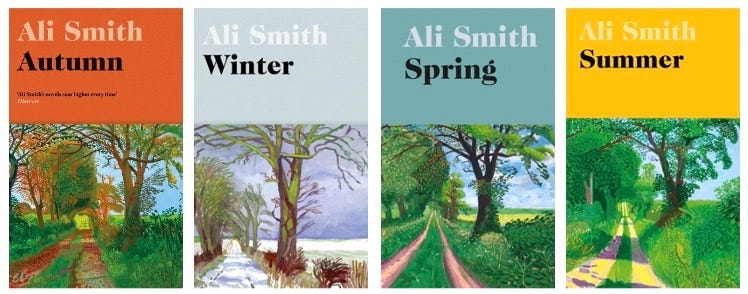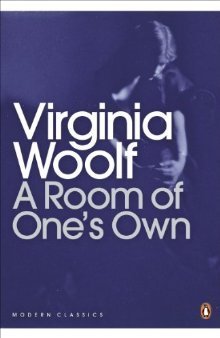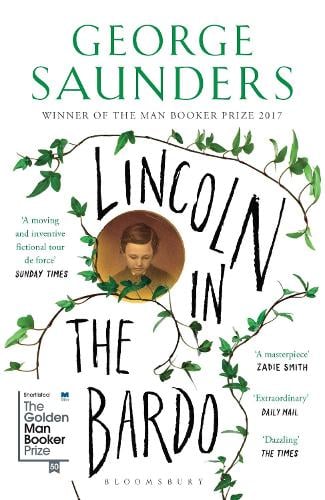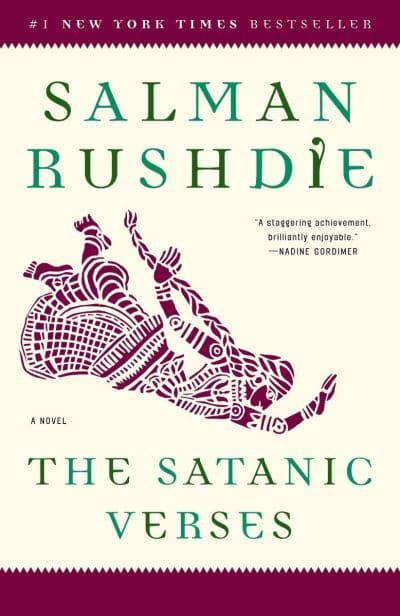
Marco Magini studied at LSE at the same time as me, though I never met him. It clearly was my mum the one who found out about his existence, his publications, and the fact that he was doing a book presentation at the Italian Cultural Institute in London during one of her visits.
Of his two books, Gli Ospiti was the one that attracted me the most in principle, but ended up being a fairly average read. The plot is not exactly full of surprises, there are some fairly banal interactions between the main characters, and the whole thing feels (more than) a bit, well, orientalistic.
Yet, he seems to have the intellectual integrity not to consider himself an actual writer, and in that case, as far as amateur authors are concerned, he is quite clearly among the talented ones who have valuable ideas to share. Also, he seems to admit that nobody really cared about ecology during the Gezi Park protests, which I find quite sad (that's not to say that I like Erdogan! I would have just liked the protesters to genuinely care about both their country and the environment...).





































